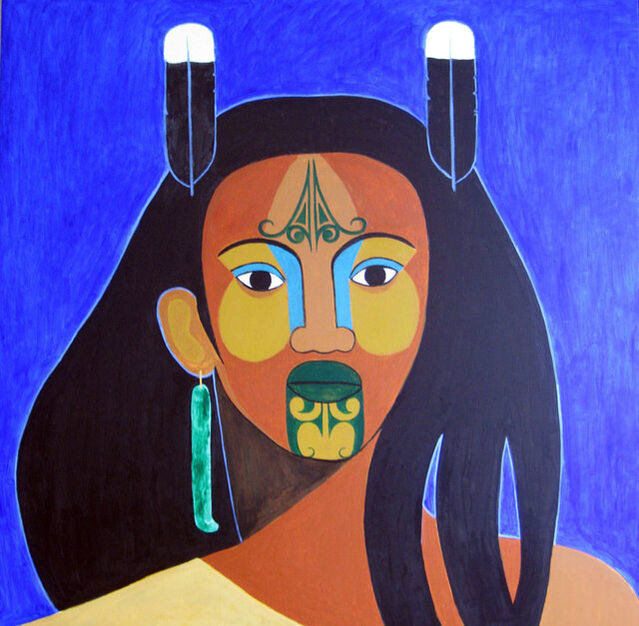Affirming Māori learners as Tangata Whenua
Affirming Māori learners as Tangata Whenua is a vital aspect of a teachers role in Aotearoa New Zealand.
"Ahakoa he iti he pounamu—Despite being small you are of great value"
All educators have an obligation under Te Tiriti o Waitangi (1840) to be culturally responsive and give Māori students the opportunity to achieve as Māori—without confining them to a Eurocentric model of success (Bishop & Glynn, 2000).
Promoting Tikanga principles in the classroom
Sociocultural factors have a significant impact on Māori students’ educational experience at all levels of schooling. Fostering Tikanga principles in the classroom validates and affirms Māori students as Tangata Whenua—supporting them in all aspects. This includes teaching under the NZC (2015) guidelines—including giving all students the opportunity to engage in te reo Māori in the classroom.
Government initiatives, such as Tataiako (2011), necessitate the incorporation of Tikanga values, including: Wānanga, Ako, Whanaungatanga, Tangata Whenuatanga, and Manaakitanga—all supporting Māori to achieve as Māori.
The psychological impact of valuing diversity
Effective teachers understand that promoting diversity in the classroom holds a significant psychological contribution to learning and behaviour. Erikson’s Theory of Social Development emphasises how social experiences can impact a child’s motivation, self-efficacy, and overall academic achievement (Duchesne & McMaugh, 2018).
It is vital to not essentialise and/or trivialise the rich nature of te ao Māori in the classroom, and it is important to understand that success is subjective to each individual (Gay, 2002). Teachers must understand how to encourage each child to achieve—both academically and socially—in a way that supports a model of success that is relevant to them. Erikson’s Theory of Social Development outlines ways we can incorporate this in the classroom, such as: promoting autonomy in students’ learning and showing children that they are competent and capable of success (Erikson, 1959 as cited in Duchesne & McMaugh, 2018).
References
Bishop, R., & Glynn, T. (2000). Kaupapa Maori messages for the mainstream. Set: Research Information for Teachers, 1. https://doi.org/10.18296/set.0785
Duchesne, S., & McMaugh, A. (2018). Sociocultural factors in the learning process. In Education Psychology for Learning and Teaching. Cengage.
Gay, G. (2002). Preparing for Culturally Responsive Teaching. Journal of Teacher Education, 53(2), 106–116. https://doi.org/10.1177/0022487102053002003
Ministry of Education. (2011). Tātaiako cultural competencies for teachers of Māori learners. https://teachingcouncil.nz/assets/Files/Code-and-Standards/Tataiako-cultural-competencies-for-teachers-of-Maori-learners.pdf
Ministry of Education. (2015). The New Zealand Curriculum. Learning Media.

Comments
Post a Comment